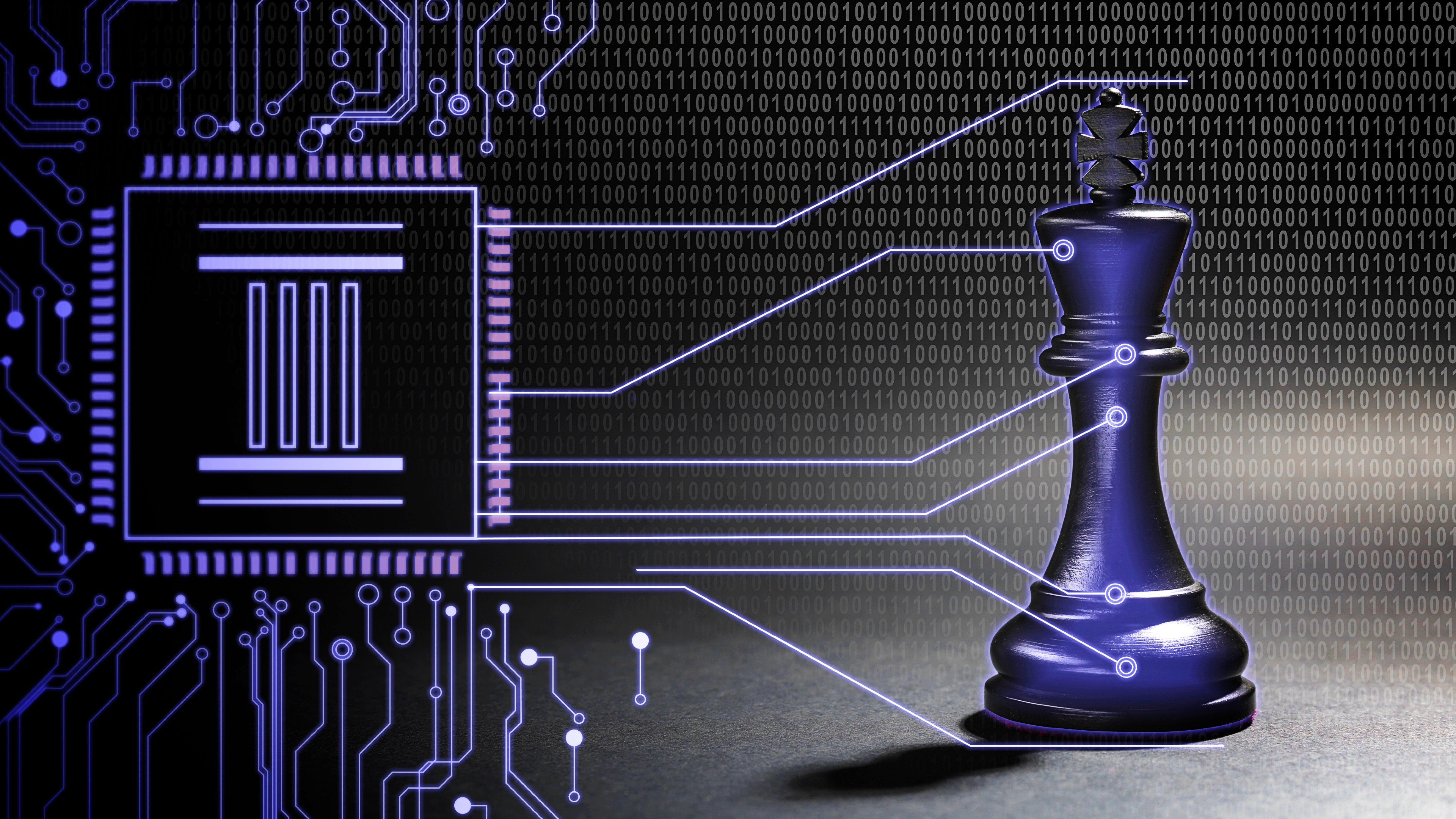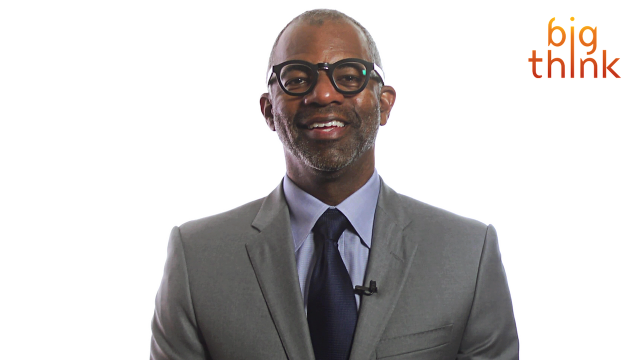Coffee Could Be Holding Your Performance Back

Coffee is killing your performance, according to Dr. Travis Bradberry, author of Emotional Intelligence 2.0. He writes for Inc. that the side effects of coffee have the ability to impair your emotional intelligence and overall performance. Bold words since the Dietary Guidelines Advisory Committee just broke its 40-year silence on coffee, deeming it safe for consumption — even stating that it could help prevent type-2 diabetes and cardiovascular disease. However, Bradberry’s article was published well before the Advisory Committee released its dietary suggestions, but the evidence he puts forth doesn’t change his argument.
Caffeine isn’t killing you, as far as we know, but it could be hindering your performance and causing an undue amount of strain to your mental well-being, bringing down your performance. Bradberry cites a new study from Johns Hopkins Medical School, writing:
“… performance increases due to caffeine intake are the result of caffeine drinkers experiencing a short-term reversal of caffeine withdrawal. By controlling for caffeine use in study participants, John Hopkins researchers found that caffeine-related performance improvement is nonexistent without caffeine withdrawal.”
Bradberry also claims that caffeine triggers the release of adrenaline that he says is “great when a bear is chasing you, but not so great when you’re responding to a curt email.” Your emotional intelligence then becomes impaired, causing you to become anxious and irritable. What’s more, coffee has a half-life, staying in your system well after you need it. So, say you drink a cup of joe at 8am, you’ll still have 25 percent of that coffee in your system by 8pm, and any coffee you consume after noon will be at 50 percent potency by the time you may be wanting to get some shut-eye. If it’s still in your system, it could make it difficult to fall asleep or at the very least disrupt the quality of your sleep.
It’s important to note that Bradberry doesn’t provide links to the research he claims to cite, so it’s uncertain if the research he writes about is credible. Then again that may be the coffee talking, trying to make any excuse not to give it up. It truly is an addiction.
Read more about why Bradberry believes coffee is killing performance atInc.
Photo Credit: McKay Savage/Flickr





